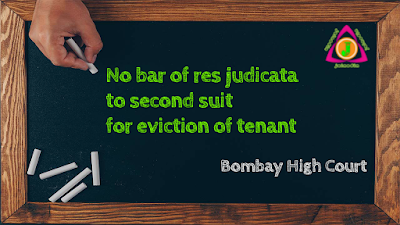However, simultaneously, it is important to note that admittedly, may be during pendency of the proceeding before the lower authorities, the petitioners have initiated a substantive civil suit against the respondent Nos. 1 and 2 in the form of Regular Civil Suit No.57/2018 in respect of the self same dispute touching existence of the disputed way. It is important to note that in view of the scheme of the Act, the decision of Mamlatdar is not conclusive as can be seen from the provisions of Section 22 and particularly the Second Proviso which reads thus:
22. Subject to the provisions of section 23, sub-section (2), the party in favour of whom the Mamlatdar issues an order for removal of an impediment of the party to whom the Mamlatdar gives possession or restores a use, or in whose favour an injunction is granted, shall continue to have the surface water upon his land flow unimpeded on to adjacent land or continue in possession or use, as the case may be, until otherwise decreed or ordered, or until ousted, by a competent Civil Court :
Provided, firstly, that nothing in this section shall prevent the party against whom the Mamlatdar's decision is passed from recovering by a suit in a competent Civil Court mesne profits for the time he has been kept out of possession of any property or out of enjoyment of any use:
Provided, secondly, that in any subsequent suit or other proceeding in any Civil Court between the same parties, or other persons claiming under them, the Mamlatdar's decision respecting the possession of any property or the enjoyment of any use or respecting the title to or valuation of any crop dealt with under the proviso to sub-section (1) of section 21, shall not be held to be conclusive.[Para No.16]


